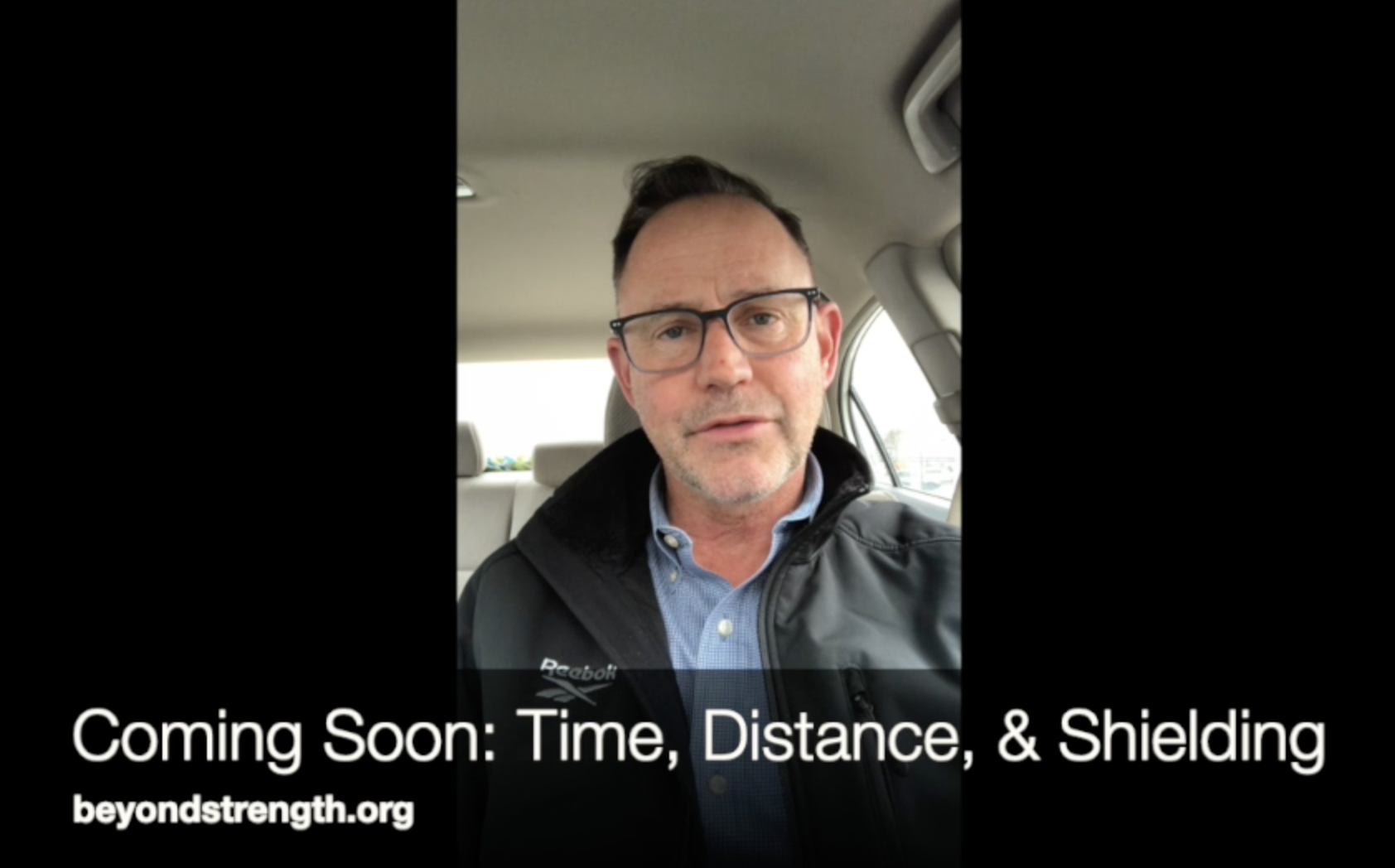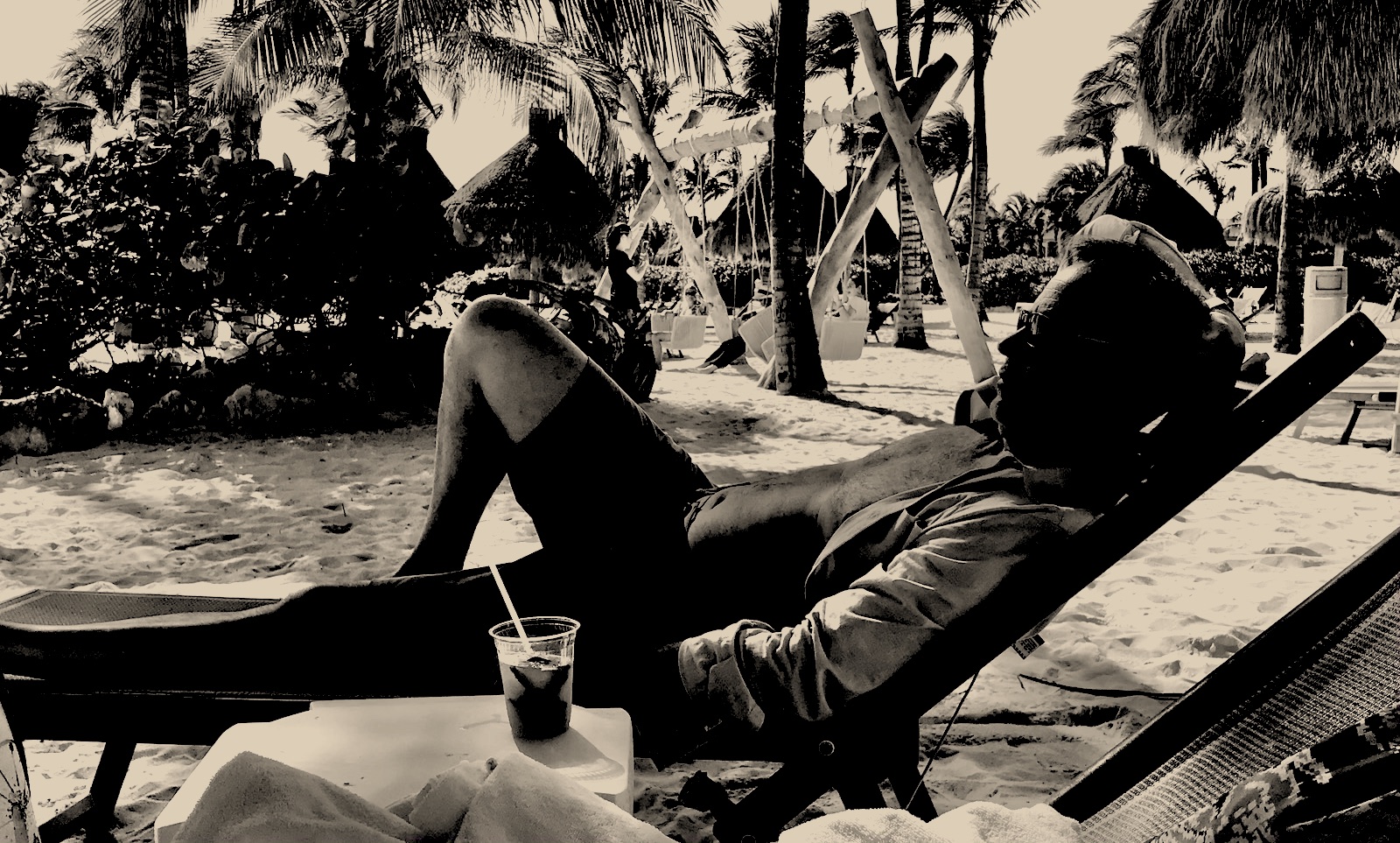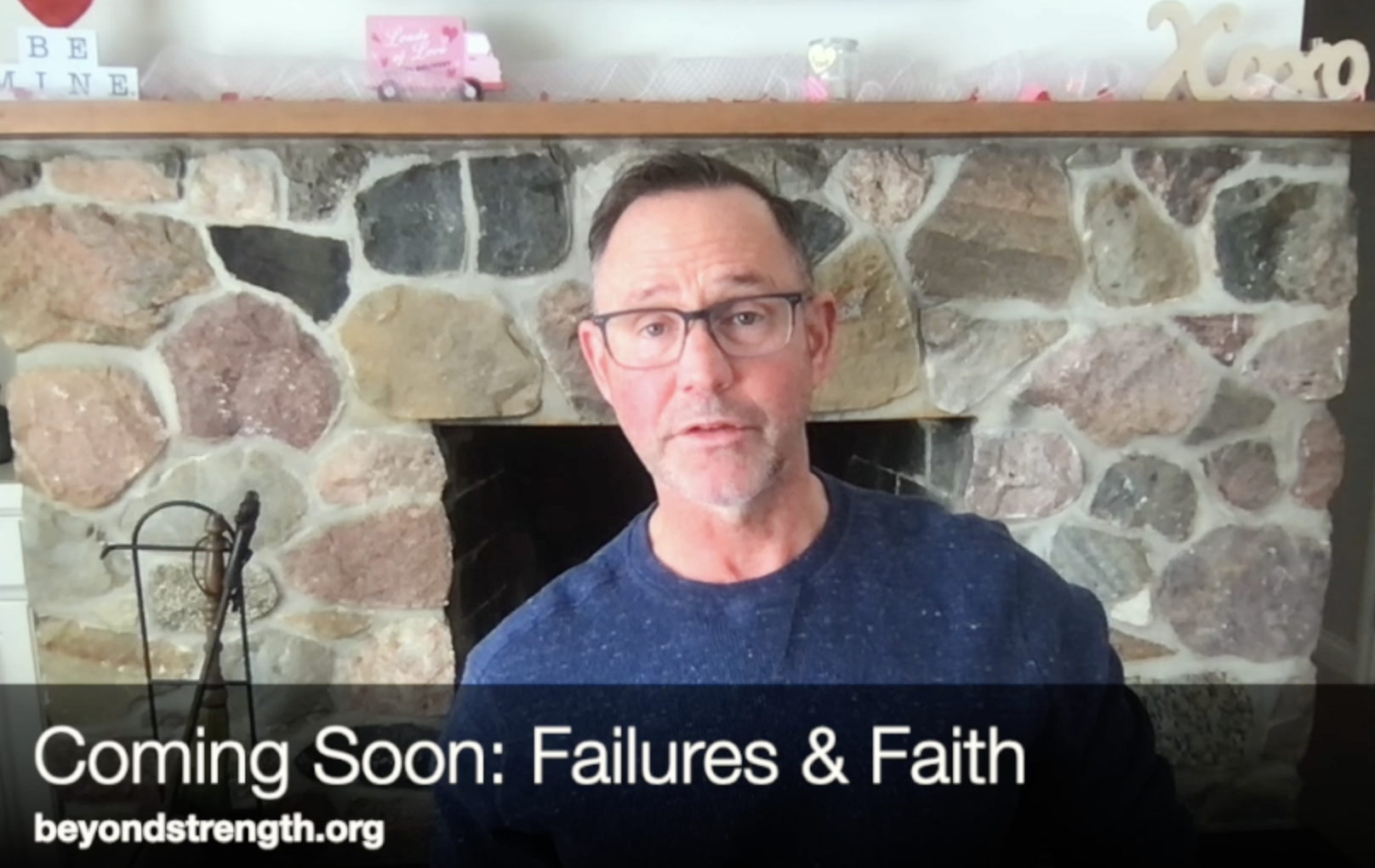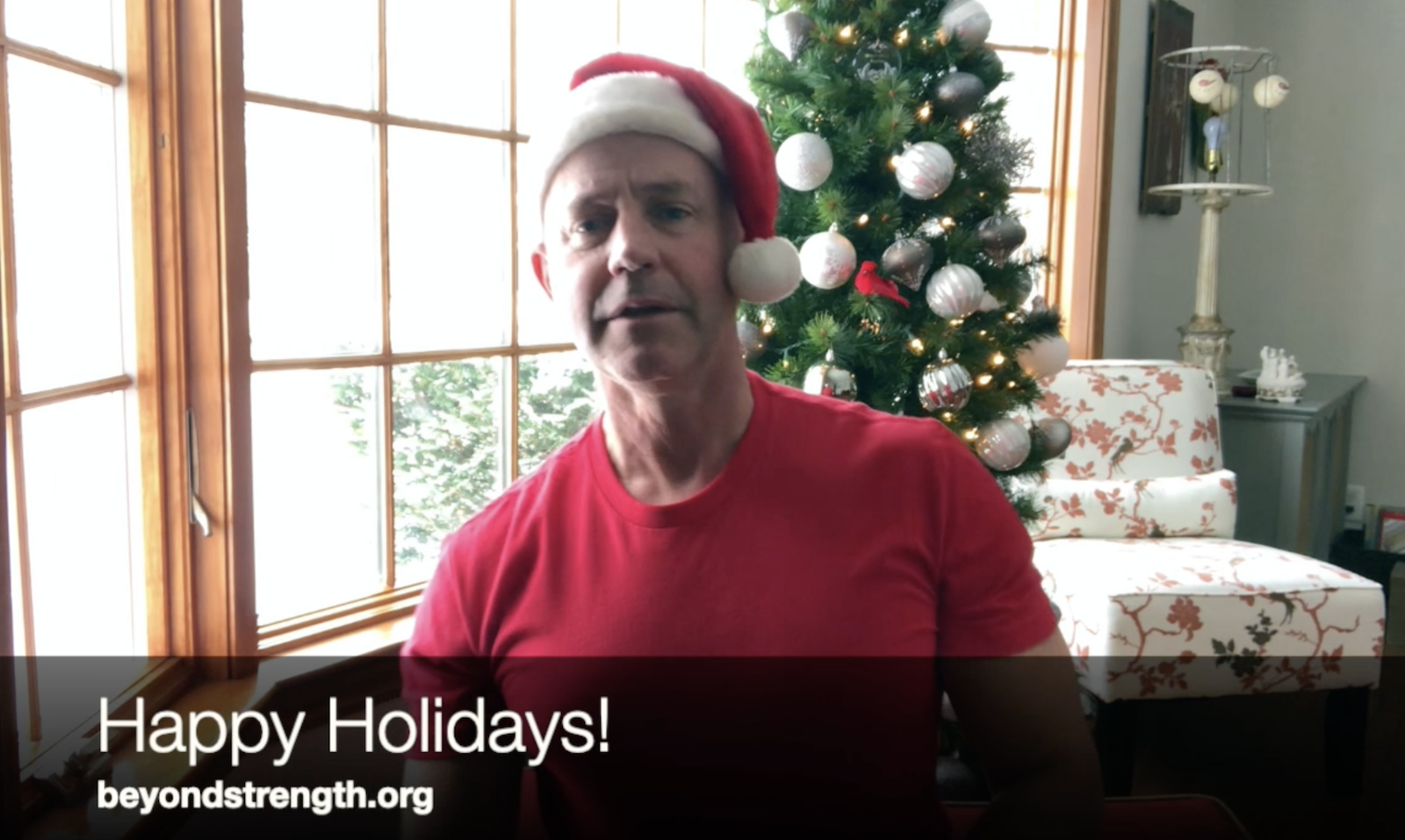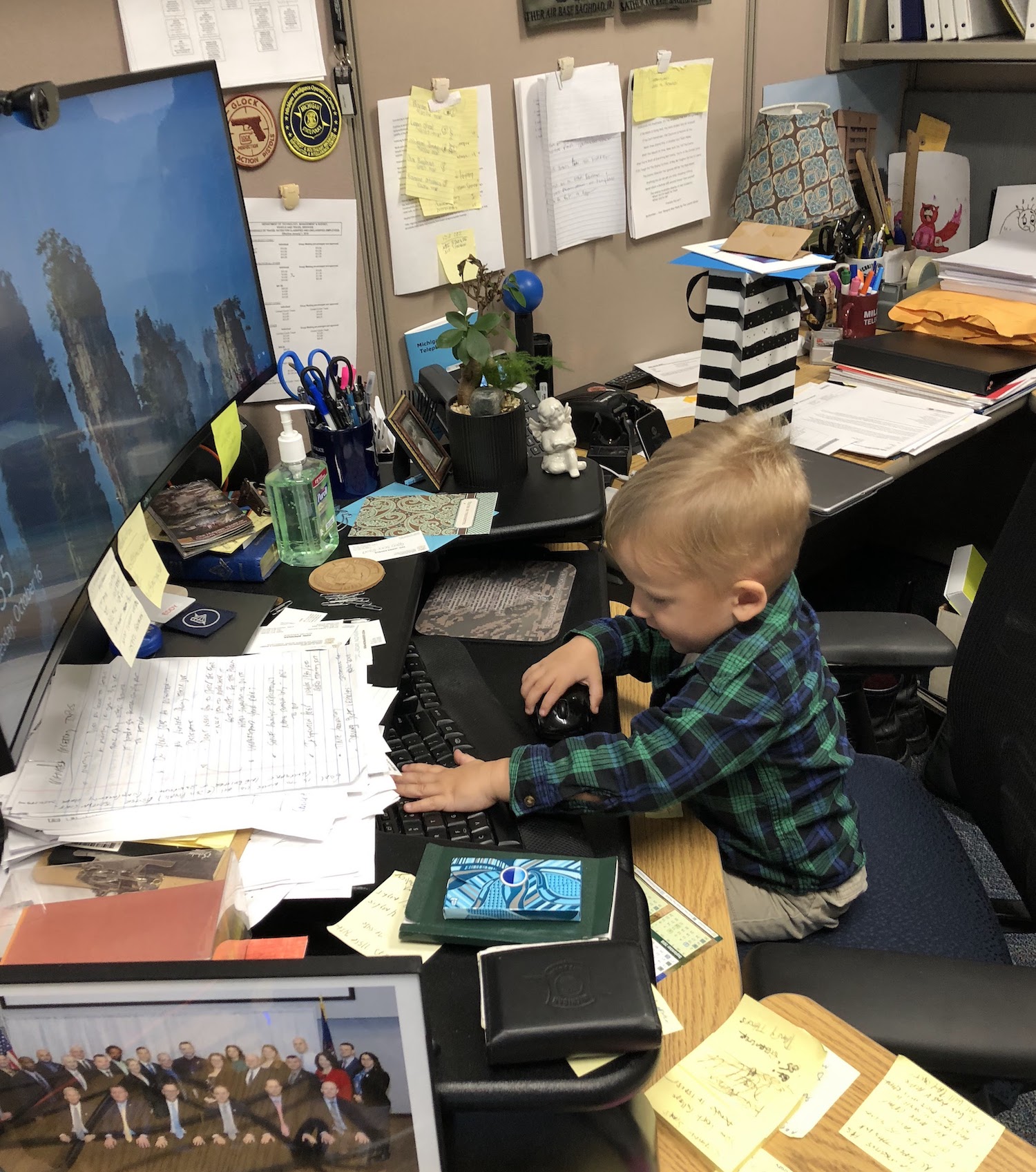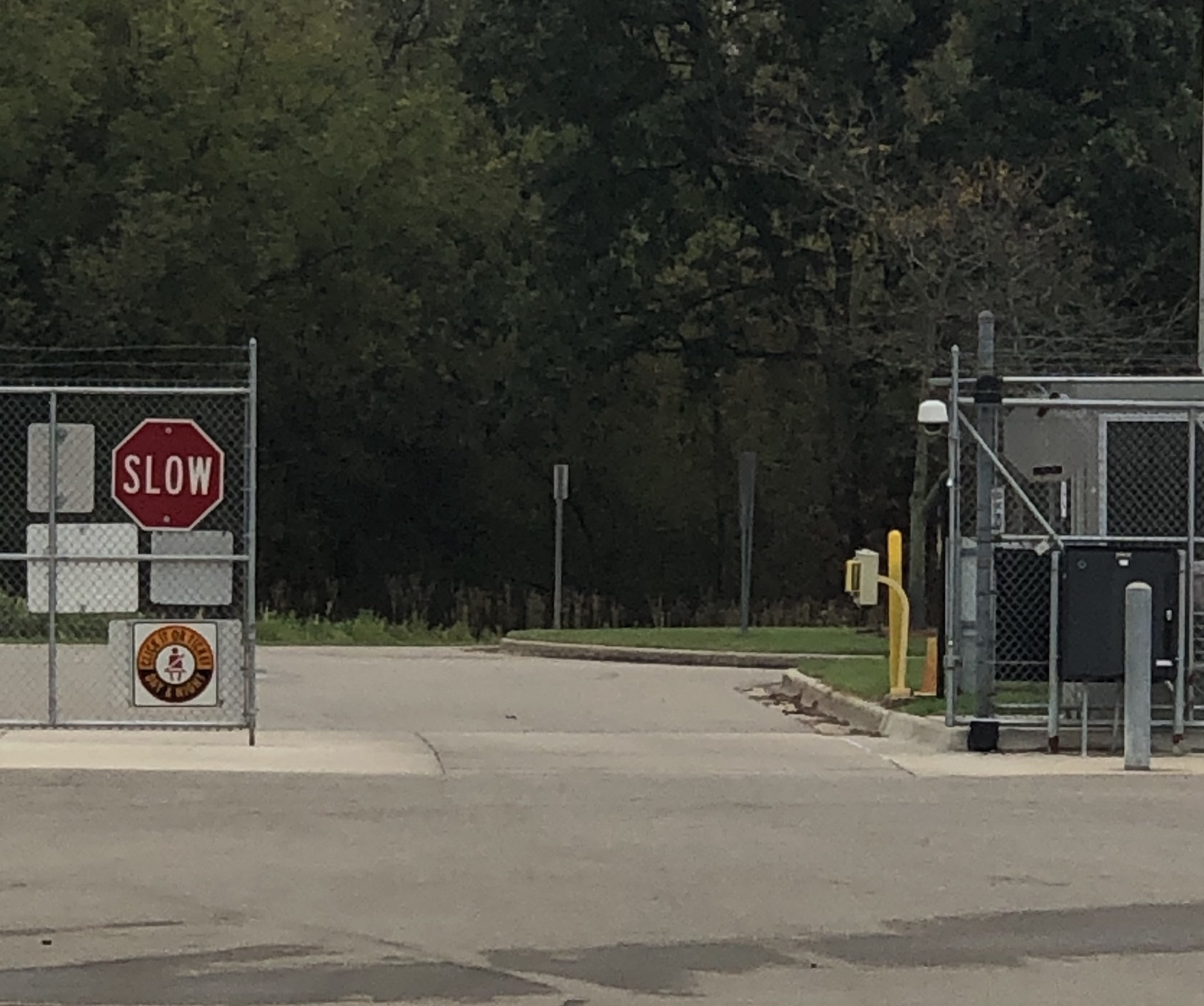Have you ever felt like a character in those Southwest Airlines commercials, where you just ‘wanna get away’? Getting away from unpleasant situations isn’t the only circumstance distancing ourselves might be beneficial. Not to mention going ‘off the grid’ for a while is often key to a good Hollywood storyline or character development. Consider the likes of Bond, Bourne, Skywalker, The Fugitive, or one of my favorites: the obscure yet entertaining pulp hero, Remo Williams. Whether finding oneself, outrunning murderous antagonists, leaving the ‘agency’, grieving, or just hiding out…time, distance, and shielding are often involved and necessary.
As the world has watched in disgust the Russian attack and atrocities against Ukraine, a concern of many is whether Putin will employ a nuclear weapon. As I contemplate the situation, I think back to my early military service when the Cold War was still a thing. Military strength and respect for nuclear deterrence created a tense, yet necessary combination for peace. Nukes required special care by those entrusted to handle and secure them. Should there be a detonation, knowing the hazards and protective measures associated with nuclear warfare was a must.

The concept I remember most is time, distance, and shielding.
My old training materials note that when a nuclear weapon detonates, a blinding flash of light (intense heat known as thermal radiation) is seen before the sound of the explosion, and the time between the flash and the sound depends on distance from the point of detonation. That thermal radiation, followed by neutron and gamma radiation, occur within the first minute. Fortunately, radiation decreases rapidly with distance. Time and distance; check.
Shielding addresses the last two effects: the devastating blast wave followed by radioactive fallout.
Collectively, time, distance, and shielding conceptualized the course of action to best protect against adverse effects. A concept I believe is applicable to other areas of life.
Long before nuclear weapons, the Bible recorded countless examples of time, distance, and shielding. A few that come to mind include flood-surviving Noah; David avoiding Saul’s relentless pursuit in the wilderness strongholds; the Israelites’ desert wandering after leaving Egypt; John’s exile to Patmos; and Paul’s time(s) in prison. Not to mention his admonishment for us to “flee” and “avoid” things like lust and foolish disputes. Cities of refuge (Joshua 20), where one who killed another accidentally and unintentionally could flee for protection from avengers until their day in court, epitomize the concept.
It’s easy to see how elements of time, distance, and shielding were used to protect, bring about change, or otherwise help people get to a place they needed to be…literally or figuratively. Sometimes the place we need to be involves getting away from our own thoughts for a while.
In his book Chatter – The Voice in Our Head, Why it Matters, and How to Harness it, Ethan Cross mentions a concept called “temporal distancing”. He says temporal distancing involves keeping things in perspective by imagining how you’ll feel about a difficult circumstance years in the future, instead of in the moment.
Well before Cross wrote about the voices in my head, Marcus Aurelius shared remarkably similar wisdom about distancing and sheltering the mind from unwanted, unhealthy thoughts, and our sometimes harmful inner voice: “Tranquility is nothing else than the good ordering of the mind.” and “Such as are your habitual thoughts, so also will be the character of your mind.”
Still unconvinced about the non-nuclear applicability of time, distance, and shielding?
Maybe you’ve never had an argument with a spouse or loved one. Or a dramatic blowup after you ruined the life of your teenage daughter (again). Standard response plans in these scenarios include 1) getting away from the source (distancing), 2) for who knows how long (time), 3) by locking yourself in the bedroom or bathroom (shielding). *This may or may not be from personal experience.

Other real-life applicability might include things like avoiding the gym to rehab an injury; taking a vacation; retreating to quiet place to think through some things; avoiding situations that fuel weaknesses like pornography or lust; committal to a drug or alcohol rehab program. I don’t know how often this happens anymore, but there was even a time when judges offered a choice between compulsory military service or incarceration to wayward youth to give them the time, distance, and shielding they needed to get their life straight.
Having lived through more than a share of parental anguish, I think the those judges may have been onto something. Prayer is ceaseless, but there is only so much helplessness, frustration, and sleepless nights to give. Ultimately, incarceration or some other provision for time, distance, and shielding may be necessary for lasting change and recovery.
Whether trying to survive a nuclear detonation or mitigate some other destructive blast life throws at you, the concept is clear. Manage immediate risks by 1) acting quickly to create separation, physically and emotionally; 2) give yourself (or others) time to assess, process, and plan; and 3) protect yourself from the destructive surge and resulting fallout by taking cover, erecting barriers, and building resilience until the danger has passed.
Giving yourself the time, distance, and shielding needed to survive the worst of it, you’ll gain priceless experience and emerge stronger and better prepared to help yourself and others through the next blast that comes along.
I pray the people of Ukraine, and all of us, will continue to Get Strong, Be Strong, and Stay Strong.
Kross, Ethan (2021). Chatter. New York, NY: Crown.
Robertson, Donald (2020). Meditations the philosophy classic (based on The Thoughts of Emperor M. Aurelius Antoninus, translated by George Long). West Sussex, UK: Wiley.


